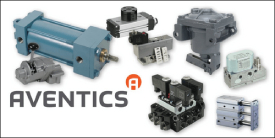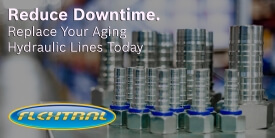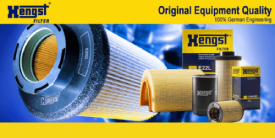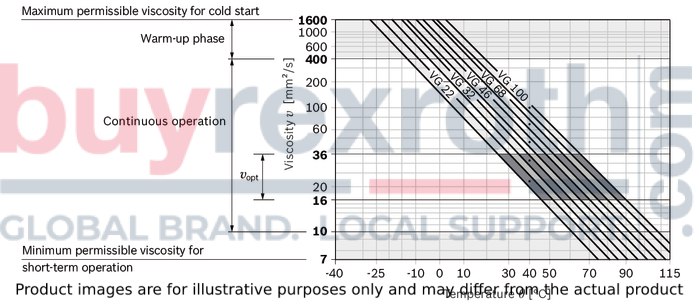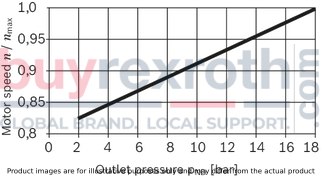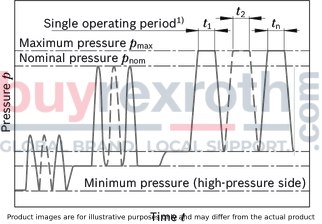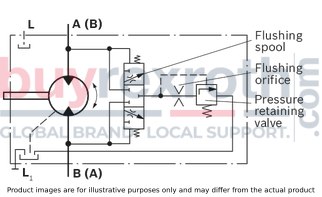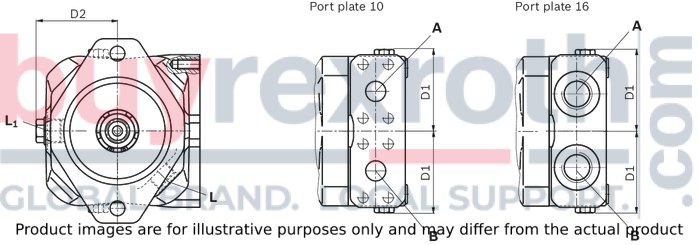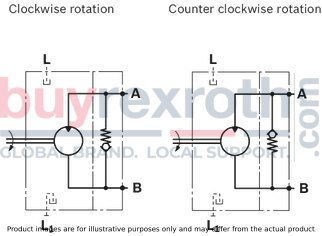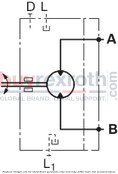***Disclaimer: The following summary contains information gathered from various sources such as product descriptions, technical specifications and catalogs. While efforts have been made to provide accurate details, inaccuracies may occur. It is advised to verify all information by contacting Bosch Rexroth directly.***
The Bosch Rexroth AL A10F M 37 /52W-VKC60N007 (R902506668) is a medium pressure hydraulic motor designed for standard applications in open and closed circuits. This motor incorporates well-proven A rotary group technology, ensuring reliability and efficiency in operation. Its robust design allows it to be approved for high-speed uses, making it suitable for a variety of demanding applications. The AL A10F M 37 /52W-VKC60N007 boasts a long service life and high power density, contributing to the overall productivity and minimizing maintenance needs.
The unit operates with low noise levels, which is particularly beneficial in environments where noise reduction is crucial. It also features an optional integrated anticavitation valve, which can be particularly useful for fan drive systems where cavitation might pose a risk to the longevity and performance of the motor. Furthermore, there is an option to include a speed sensor to provide feedback for precise control of the motor's operation.
With its swashplate design, the Bosch Rexroth AL A10F M 37 /52W-VKC60N007 motor is engineered to deliver consistent performance under varying load conditions. The nominal pressure rating stands at bar level with the capability to withstand maximum pressure peaks at bar level, showcasing its resilience under stress and potential for use in robust industrial settings. This combination of features makes this motor an excellent choice for those seeking a reliable solution that can handle medium pressure requirements with ease while offering optional enhancements for specialized applications.
$2,533.00 USD
More are expected on May 26, 2026
Note: Sales tax, shipping, and applicable tariffs will be calculated at checkout.Status: This product is temporarily out of stock.
Qty: Delivered as early as May 26, 2026 when ordered in

